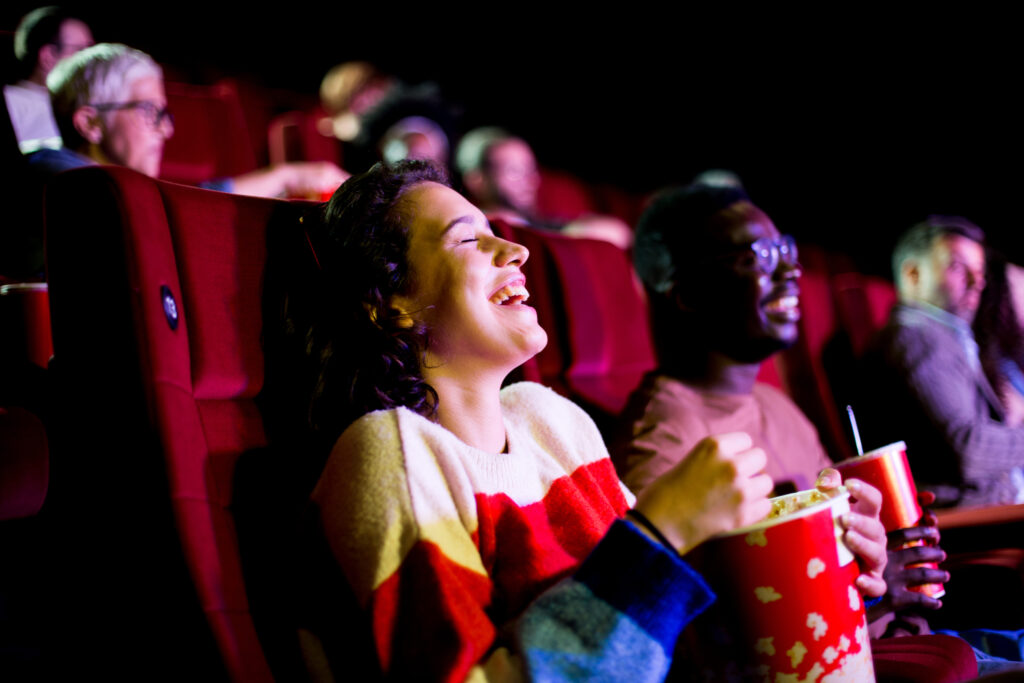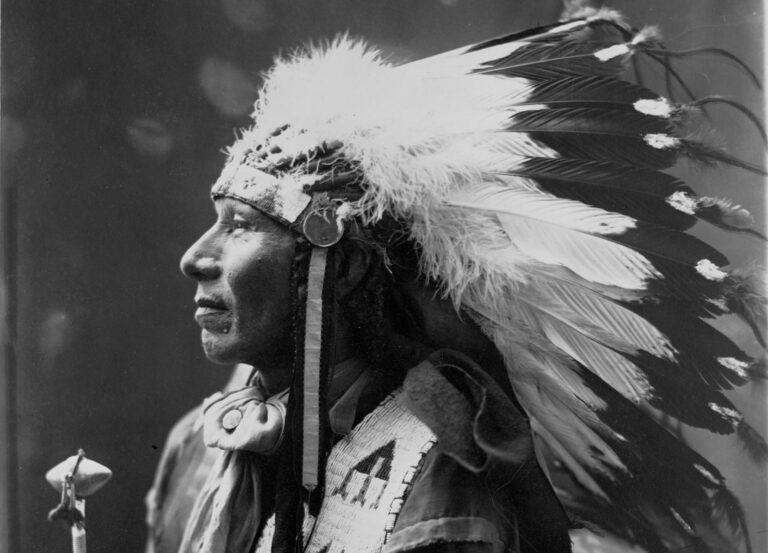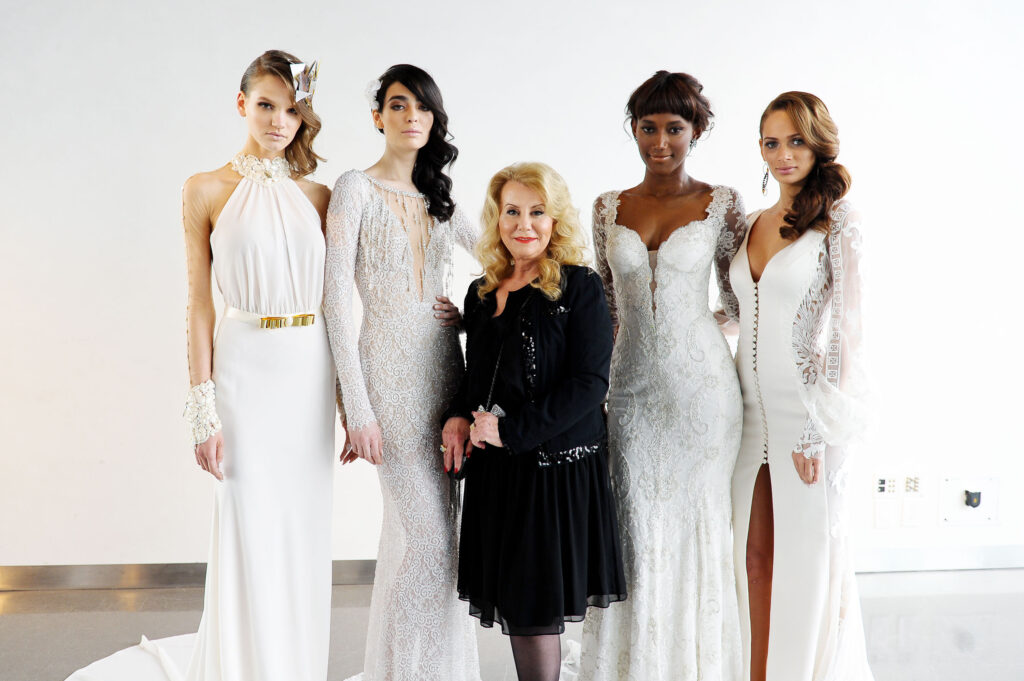Take a look at the popularity of risque, high school-set series like Sex Education and Euphoria, and it’s not altogether unreasonable to assume that most young people prefer to see passion-fueled plotlines acted out on screen. But according to new research, adolescents are actually longing for more friendship and less romance in movies and television.
Researchers from UCLA’s Center for Scholars & Storytellers, or CSS, surveyed 1,500 people ages 10-24, representing the period of extended adolescence, and published the results late last month in the second annual Teens & Screens report.
The majority (51.5%) of middle and older adolescents, those between the ages of 13 and 24, would like to see more content centered on platonic relationships and friendships. Nearly half (44.3%) felt that romance is overused in media, and 47.5% responded that sex is unnecessary to the plots of most TV series and movies.
Additionally, romantic tropes were ranked fourth on a list of the 10 most disliked stereotypes — (“I don’t like [that] every time a male and female character are together on screen, studios feel the need to make them fall [in] love. There’s a complete lack of platonic relationships in American cinema,” one 17-year-old boy wrote.). The No. 1 most disliked stereotype was racial-related tropes, “with the top category within that being [people of color] characters portraying villains or characterized as ‘bad people,’” the authors wrote.
“While it’s true that adolescents want less sex on TV and in movies, what the survey is really saying is that they want more and different kinds of relationships reflected in the media they watch,” Yalda T. Uhls, founder and director of CSS and co-author of the study, explained in a press release from the university, adding: “It’s important for Hollywood to recognize that adolescents want stories that reflect the full spectrum of relationships.”
RELATED: Feel-Good TV Favorites: 12 Streaming Shows That’ll Brighten Your Day
When asked to respond to a list of 21 different types of content and storylines they’re interested in seeing, all age groups had the same top answer: “Hopeful, uplifting content with people beating the odds,” which was followed by “people with lives like my own.” The third top choice was “action and/or fight scenes” and No. 4 was “superheroes.”
The responses seem to reflect many of the values that people born from 1997-2012 tend to hold. According to Stanford researcher Roberta Katz, the typical Gen Zer is someone who, in part, “deeply cares about others, strives for a diverse community, [and] is highly collaborative and social.” They also generally have less sex than their Gen X and millennial counterparts. (Learn the birth years and ages for each generation here.)
Most participants also expressed the desire for more original content, rather than remakes and franchises. And nearly 70% said they watch TV and movies either for entertainment or as an “escape.”
“As a member of Gen Z myself, I wasn’t surprised by some of what we’re seeing this year,” said Stephanie Rivas-Lara, youth engagement manager at CSS and first author of the study. “There has been a wide-ranging discourse among young people about the meaning of community in the aftermath of COVID-19 and the isolation that came with it.”
She continued: “Adolescents are looking to media as a ‘third place’ where they can connect and have a sense of belonging — and with frightening headlines about climate change, pandemics, and global destabilization, it makes sense they are gravitating towards what’s most familiar in those spaces.”
Luckily, there is no shortage of narratives with friendship as the focal point. Check out some of the best examples in movies and television.
Share to:











